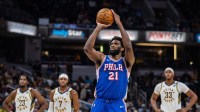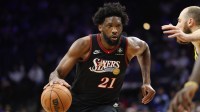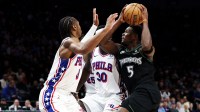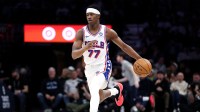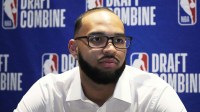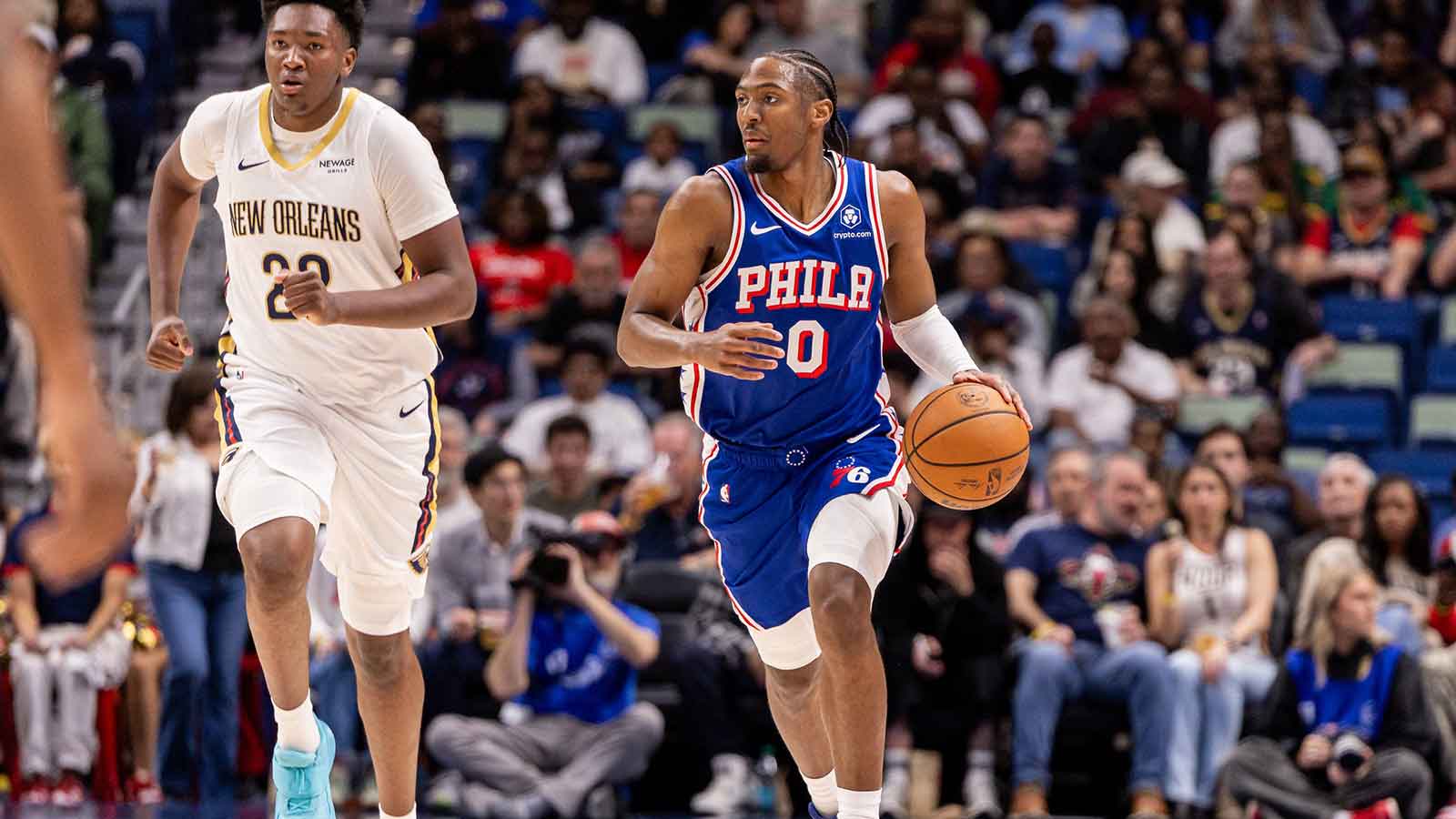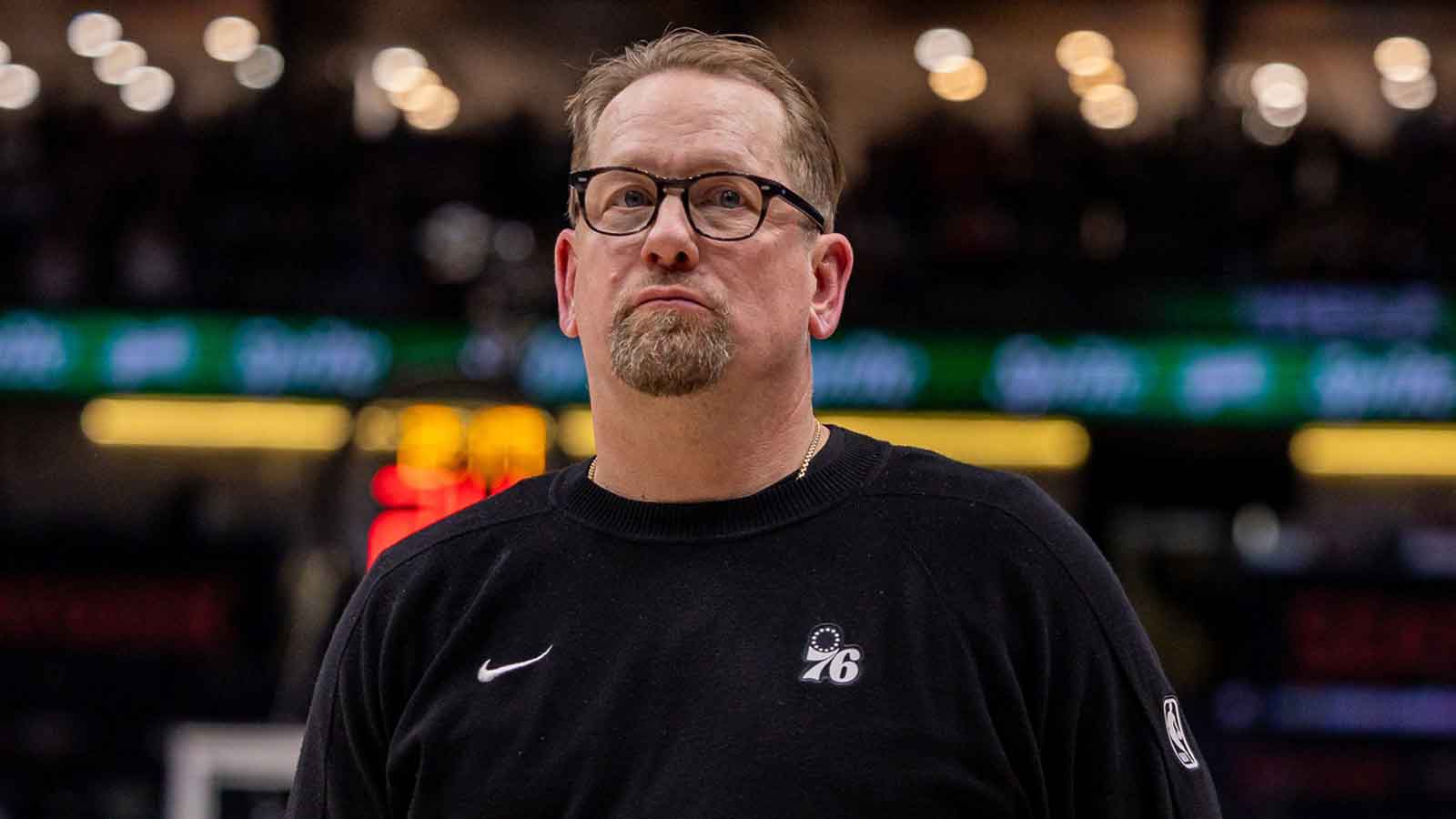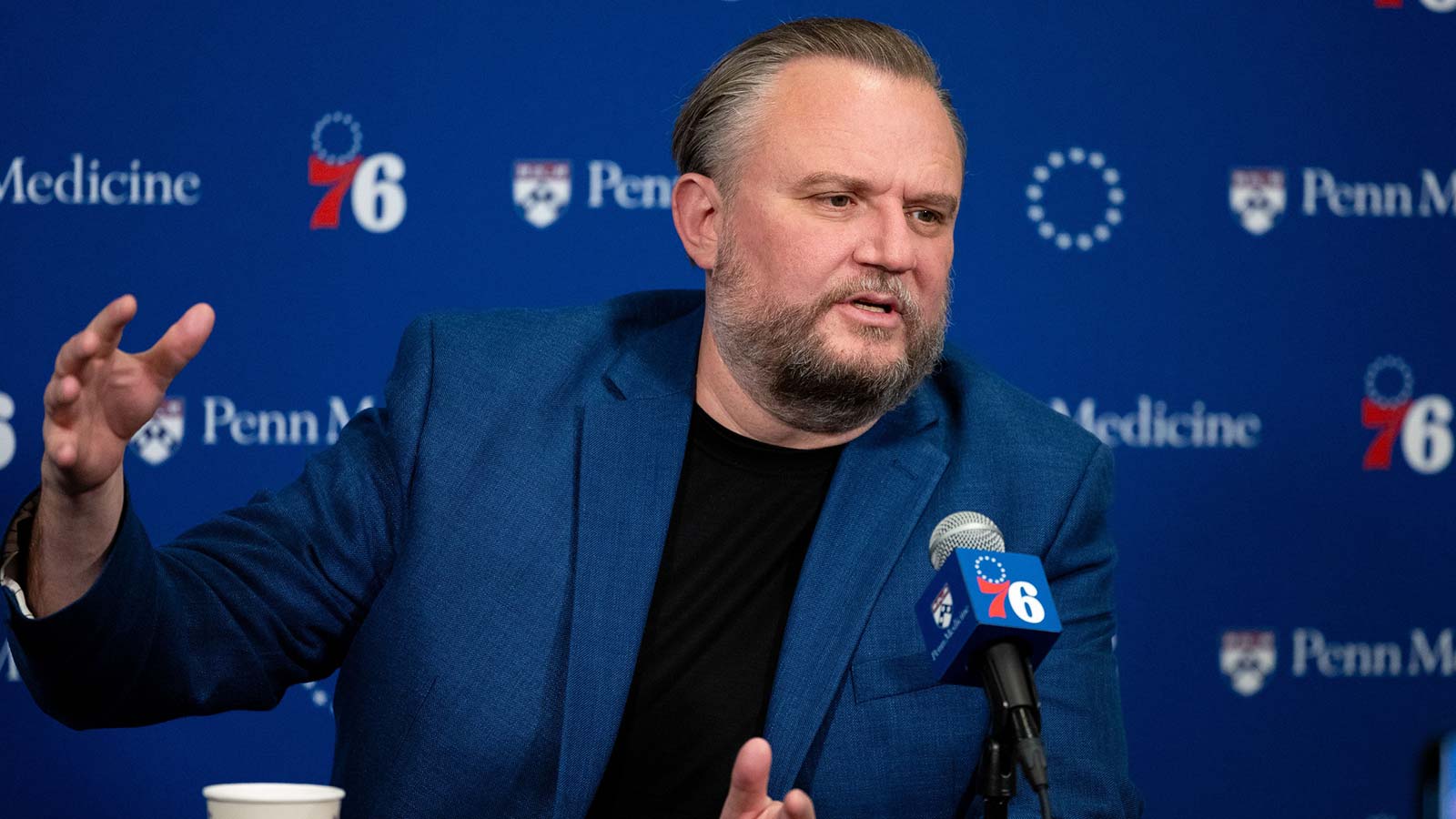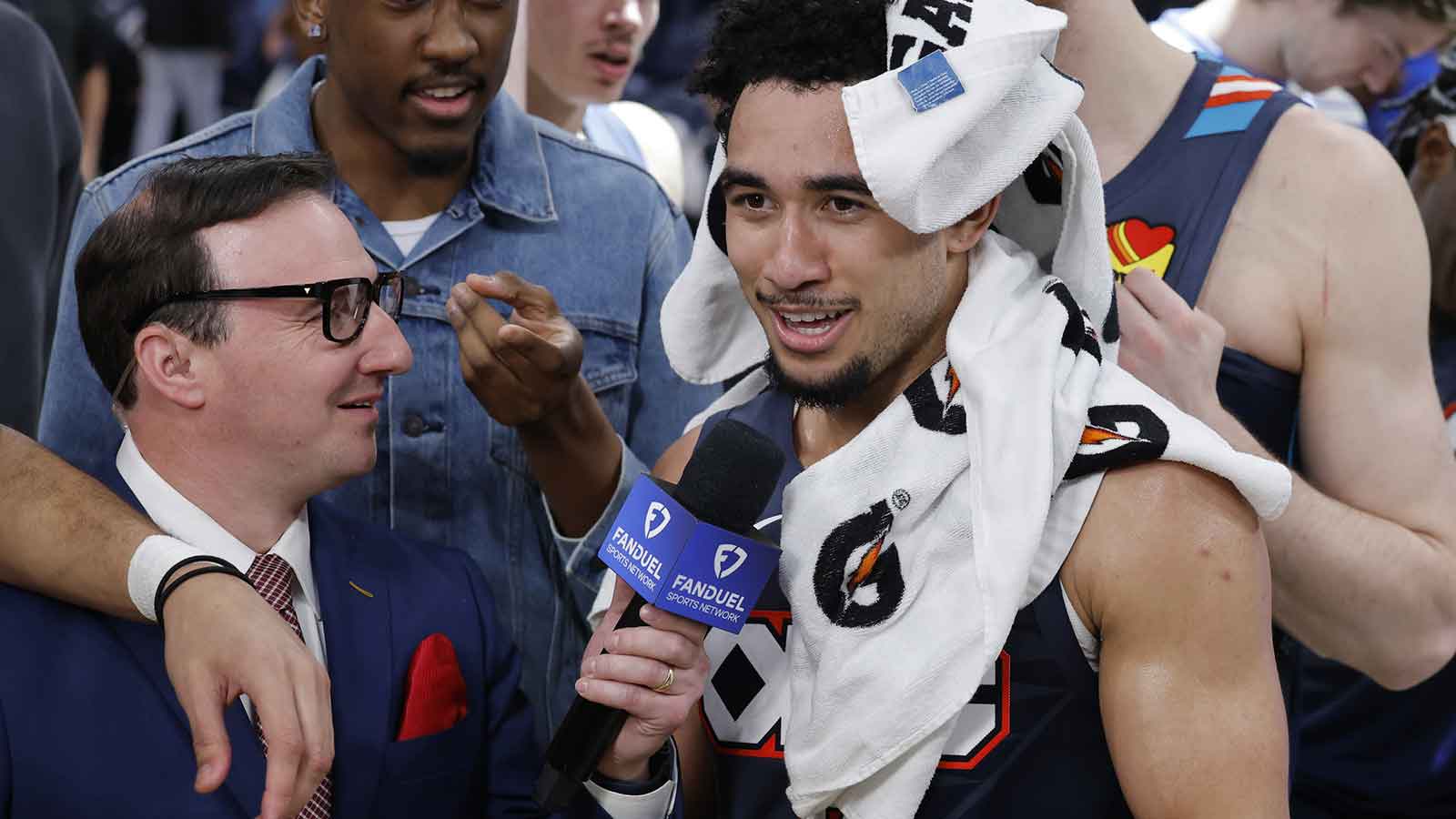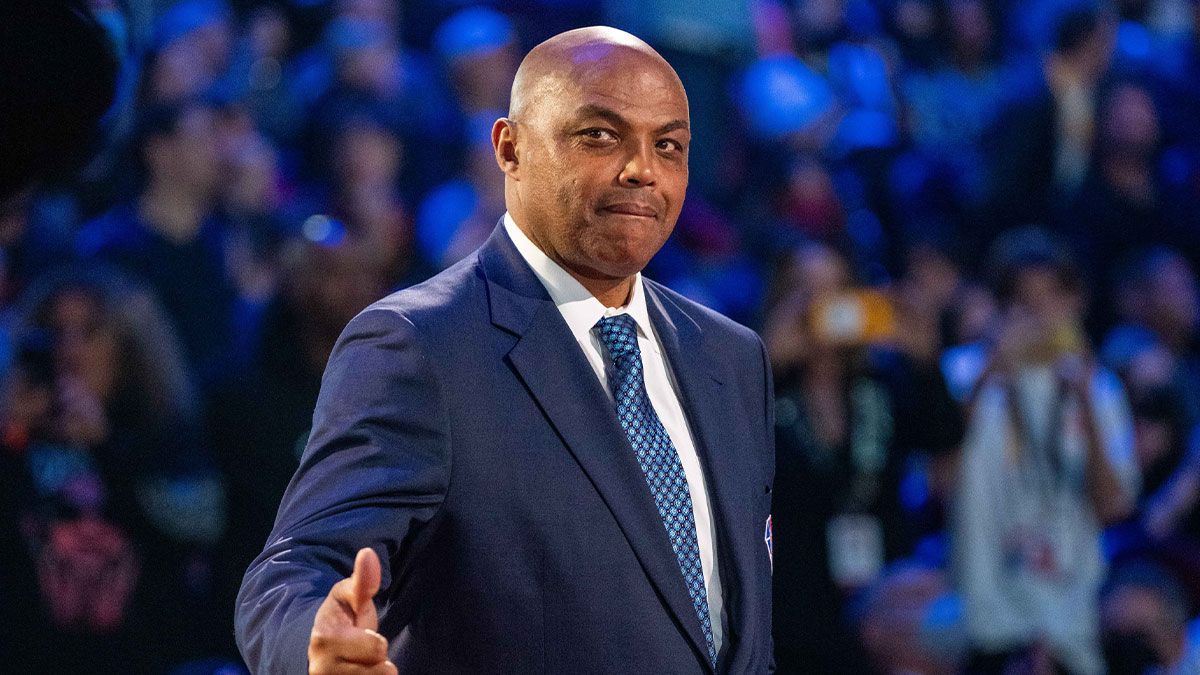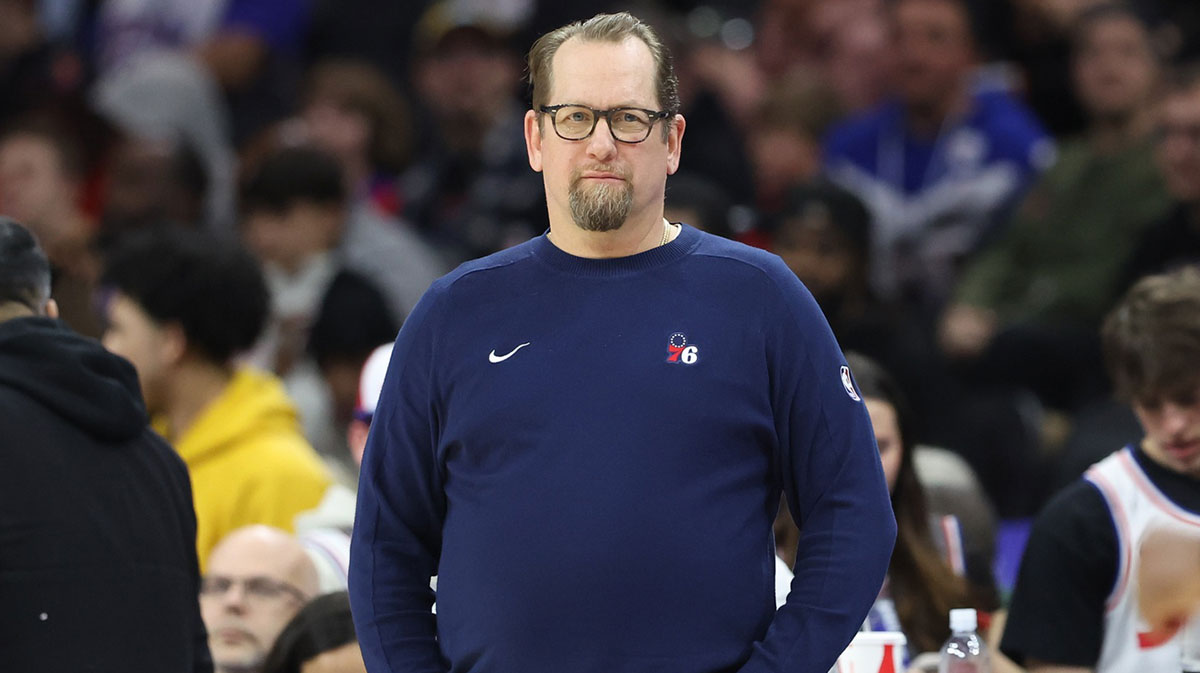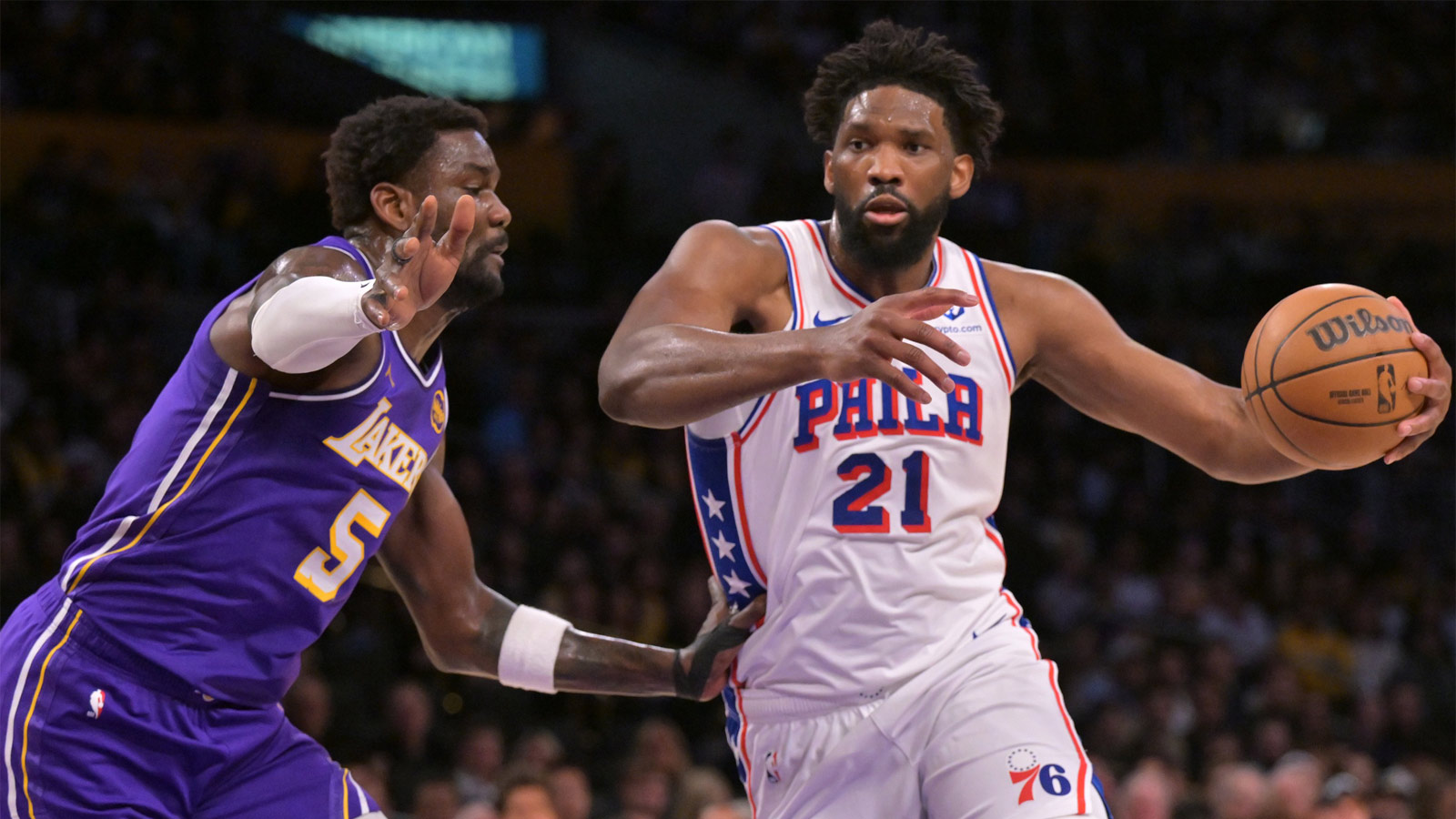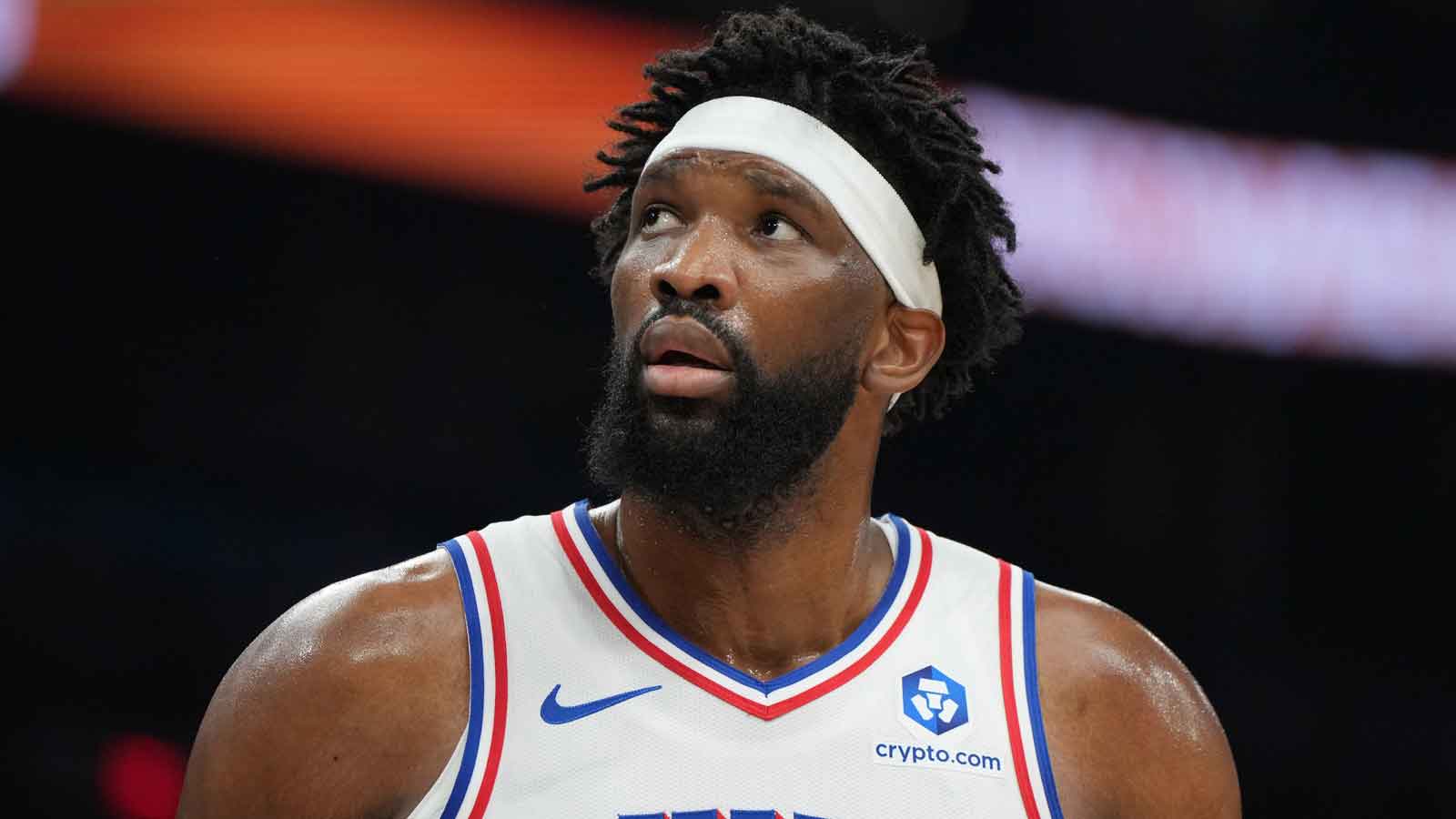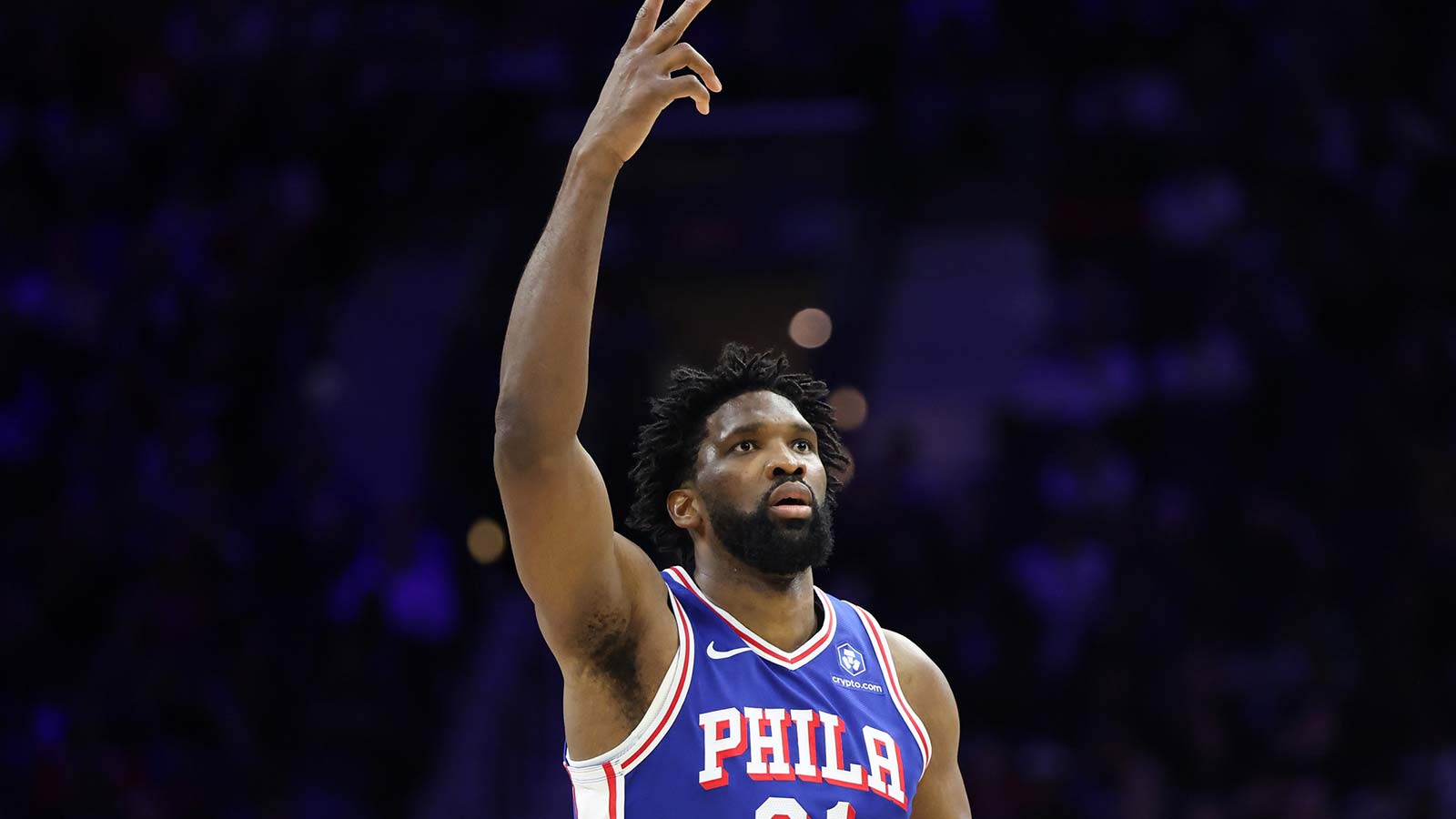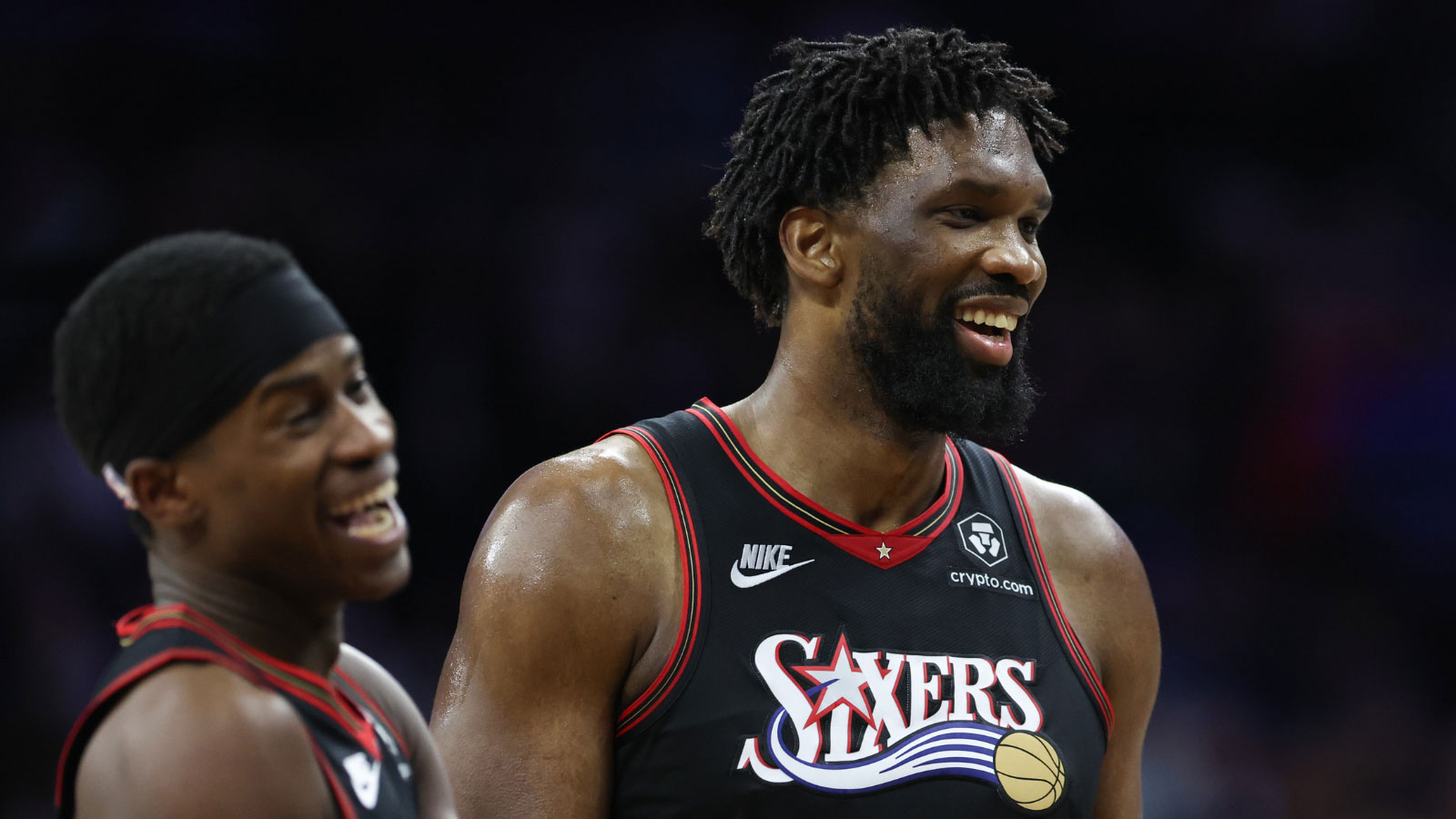Tobias Harris and Al Horford are generally viewed as second-tier contributors for the Philadelphia 76ers. While Joel Embiid and Ben Simmons' presence provide merit to that notion, Harris and Horford's enormous contracts have masked their importance to head coach Brett Brown's rotation.
Philadelphia re-signed Harris to a five-year, $180 million deal last summer after acquiring him from the Los Angeles Clippers before last season's NBA trade deadline. They signed Horford to a four-year, $109 million deal.
The early returns on Harris and Horford have been underwhelming from a production standpoint.
Harris is averaging 19.4 points per game while shooting 36.2 percent from beyond the arc. Terrible? No. The issue is expectations don't typically fall in line with such statistics when a player gets a $36 million average annual salary.
Horford is averaging 12.0 points, 6.9 rebounds, and 0.9 blocks per game while shooting 33.7 percent from beyond the arc. Like Harris, the stat line isn't terrible. Does it warrant a $27.25 million average annual salary? It does not.
Look past the money and the statistics; there's no statistical accumulation that will get people off Philadelphia's backs concerning the two contracts. Harris and Horford are key ingredients to the 76ers on both ends of the floor, as well as the success of their franchise players, Embiid and Simmons.
Harris is a proven scorer with experience as both a number one and supplementary scorer. He's adept at scoring in isolation, can bang inside, and is a respectable outside shooter and defender. His versatile scoring can fit in most, if not all offensive schemes.
Philadelphia can go small at the end of games with Harris at the four given his slimy scoring ability at 6-foot-9. If he's making $10 million less per year, no one is blasting him; they're likely praising him.
Horford is a pro's pro who has continually adapted throughout his career. In the latter years of his time with the Atlanta Hawks, Horford became one of the better shooting big men in the NBA. Beforehand, he was a reliable inside player who served as a defensive backbone; he's still capable of such at 33.
He moves well for his size, is one of the better passing big men in the sport, and a two-way player. If he's making $10 million less per year, no one is bashing his signing.
Some scold Harris and Horford for not playing into their contracts. Wouldn't general manager Elton Brand be the one to blame? He chose to keep Harris at all costs and use some of the money that would've gone towards re-signing Jimmy Butler, who they acquired from the Minnesota Timberwolves last season, on a veteran who could help them, that being Horford.
The 76ers have the game's most talented center in Embiid; he's a beast with the ball in his hands, inside and out. The same cannot be said about Simmons.
Yes, he's a physical specimen with great floor vision. When Simmons has a step on his defender, it's an essential easy bucket. At the same time, shooting continues to be a glaring shortcoming in his game. This season Simmons is shooting 38.2 percent from five-to-nine feet away from the basket, 13.6 percent from 10-14 feet away, and 20.0 percent from 15-19 feet away. He can also be passive late in games.
Harris gives Philadelphia another player to go to in isolation and/or for a bucket late in the shot clock.
Meanwhile, Embiid has continually dealt with injury woes; Horford is an insurance if Embiid misses time. He can slide to the five and stretch the floor for Simmons, Harris, and others to attack the rack.
Everyone in this rotation needs each other. Are they a perfect fit together? Of course not. Two centers on the floor at the same time is everything the game has gone away from. Being the sixth seed in the Eastern Conference 65 games into the regular season probably doesn't have Philly brain trust virtually fist bumping every morning.
With that said, Horford's adaptability and versatility mitigate the fears about he and Embiid playing together.
Philadelphia can outrun teams with their athleticism and dominate in the halfcourt. Their bigs can interchangeably play inside and out, and they have athletic scorers in Simmons, Harris, and Josh Richardson, among others.
At the end of the day, Harris and Horford won't be the individuals that will be referenced for any positive or negative playoff outcome the 76ers mount; Simmons taking over offensively and Embiid being at full force will be the make-or-break factors.
The NBA is the king of contracts distorting players' impact and value. Near-max contracts are dished out like nobody's business. Harris and Horford are no different than players who cashed in at startling rates in free agency in years past. They signed hefty contracts, haven't played at a level that backs up the payday, and they get brutalized online.
The bulk of contending teams' best players either make or are in line to make top-line money. Such contracts don't mean what they used to: they're handed out with more frequency. Sometimes if a team has two players its intent on building around, they'll look to add the most impactful player possible regardless of position and price; get the best players on the floor and let the coach put them in the best position to succeed.
Harris and Horford severely benefited from the 76ers' burning desire to win an NBA championship. It doesn't mean they're merely overpaid players with nothing to offer; they're vital elements to the 76ers' well-being.



